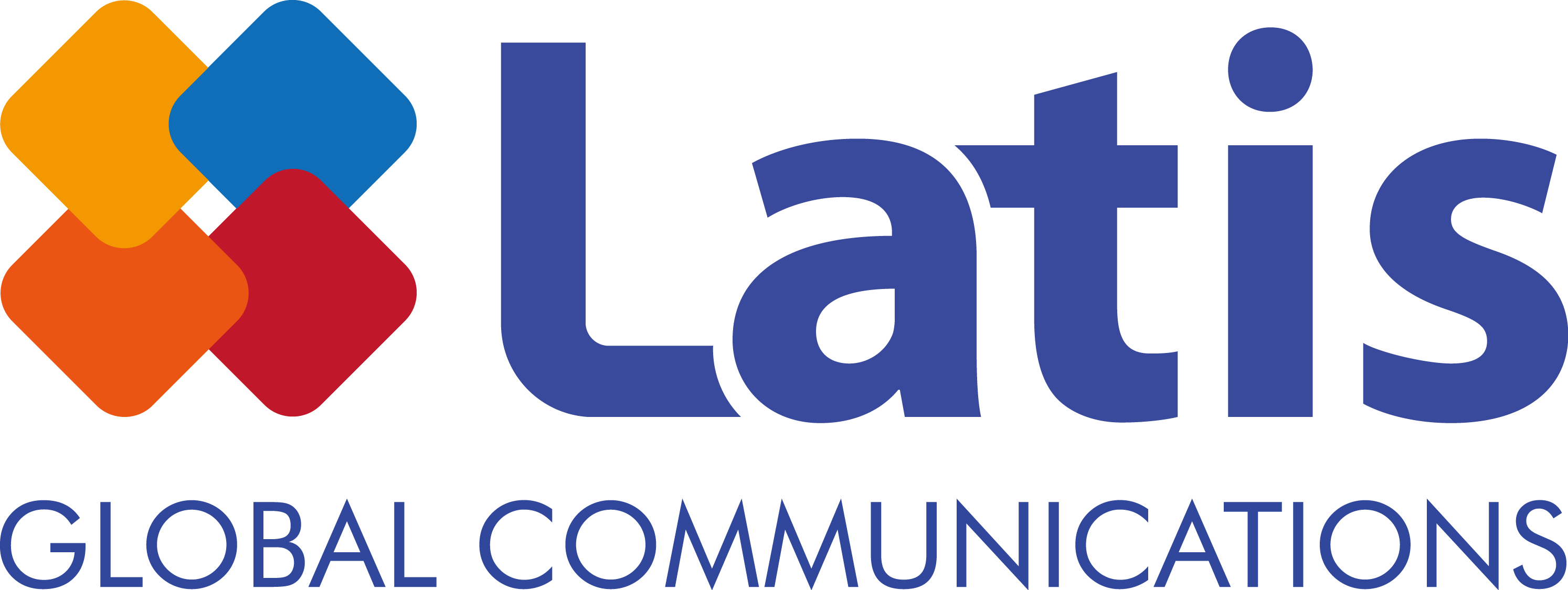![게임 사운드에 대한 모든 것 [게임 사운드 디렉터 인터뷰] 게임 사운드 디렉터 인터뷰](https://latisglobal.com/wp-content/uploads/2023/11/게임-사운드에-대한-모든-것-게임-사운드-디렉터-인터뷰-scaled.jpg)
Eye-pleasing pictures and engaging mechanisms are not the only factors needed when making a game. A unique and high-quality soundtrack is also an essential when finalizing the game. The sound designer, also known as the game sound director, is the person in charge of game sounds.
Today, we interview Latis Global’s game sound team, introducing you to the main tasks of a game sound specialist, the details of their daily work progress, and the skills required. Latis Global is the company to provide professional localization, Game QA and Game CS services for games entering the overseas market.
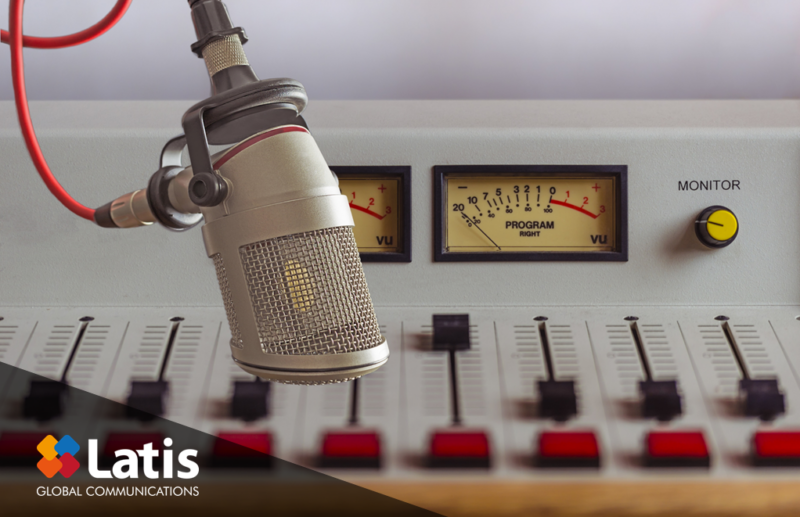
Dubbing: Localizing Game Sounds? – [Interview]
1) Tell us a little bit about yourself.
Hello, I’m game sound director Seokmin Yoon. I’m responsible for about 2-30 projects, both big and small, per year. Depending on the game company, there may be no sound producer, or the company struggles to produce the content internally. Rather than working alone, I usually prefer to work together with skilled team members to produce game sounds.
2) What does the game sound team do?
The production of game sounds is divided into 3 main areas: sound effects, music and dubbing in the game. Two or more skills are normally required to do this, as the fluidity of the sounds are constantly changing. In recent years, with the frequency of demands within an organized game sound production, the role of Project Management (PM), which includes communication, consulting, creating work schedules, and/or budget optimization, has become increasingly important.
3) What do I need to do if I want to become a sound designer?
I personally think a career in game sounds is something anyone with a knack for sounds, and a love for games, can explore. If you’re new to game sounds, I recommend learning about basic flow through classes, YouTube, or books. You can then try to create game sounds of your favorite game. When creating the currently required ‘optimized game sound,’ however, training of its application and its implementation must accompany any production. If you’re looking such opportunities for collaboration, I think a really good way would be to reach out and work together with an indie game production team.
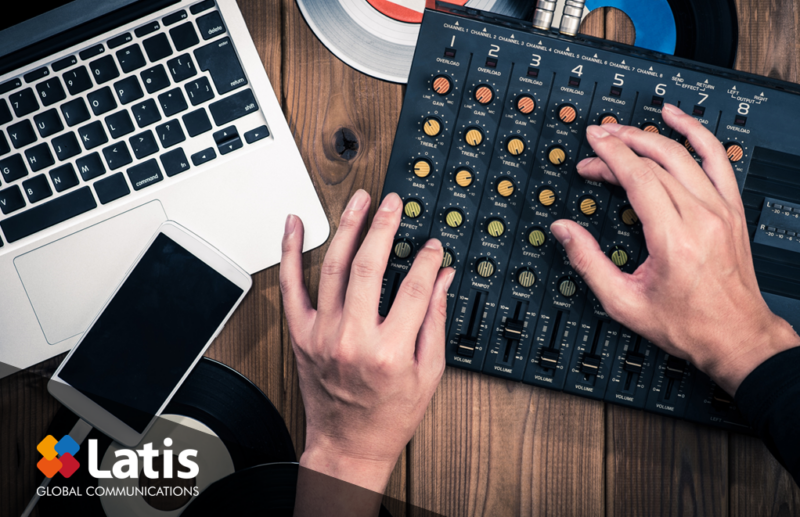
4) Why localize game dubbing?
4-1. And game dubbing localization is…?
The localization of game dubbing refers to the task of providing dubbing, or soundtrack services, in the respective country’s language, so the players overseas can effortlessly play the game. The work of localization is not just translating and recording; it is to ensure the game seamlessly blends in with the culture and psyche of the country. Localization work also includes the interpretation of characters, voice actor casting, expression of dialogue, and even some directing and is why, even with the same character and dialogue, there are bound to be dubs in a language that are more beloved than the original. This is also why the latest word, ‘transcendental dubbing,’ conveys going beyond the original language.
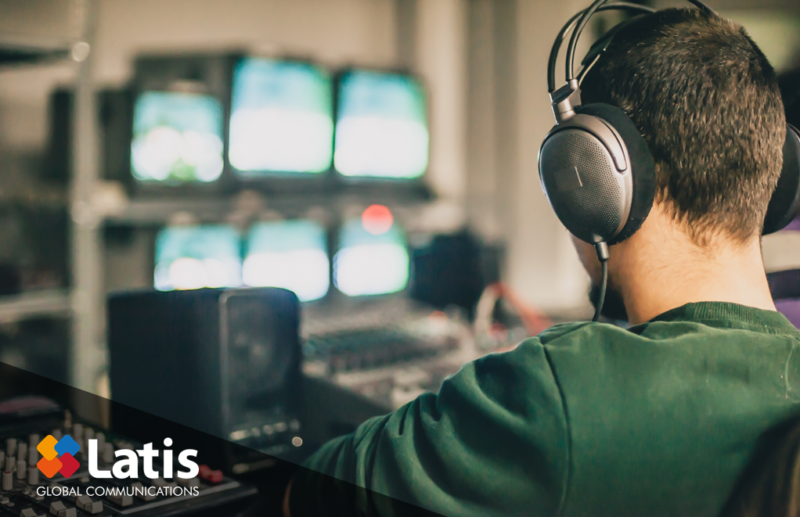
4-2. The process of localizing game dubbing
After completing the translation process (TEP,) the steps for game dubbing localization are as follows.
1. Project Design: Analysis of the material and requirements, setting the production direction, budget optimization, and consulting
2. Actor Casting: The proposal and casting of voice actors (samples) based on game and character information
3. Script Preview: Reviewing scripts, sharing issues, editing, *adaptions
4. Recording: Collaborative recording between client, translator, and director.
5. Audio QA: Editing to match the requirements for each file; delivery after review
The localization of game dubbing involves a variety of measures. Each process cannot be decided by the localization company alone. Rather, constant communication with the game company representative is the only way meaningful localization can be achieved. In particular, the adaptation process is a necessary step after translation. This involves modifying words and expressions in the script to make them sound natural, from the director’s point of view. Also, it involves lengthening and shortening the lines based on the original text. If the opportunity arises, I can go into detail about each process separately.
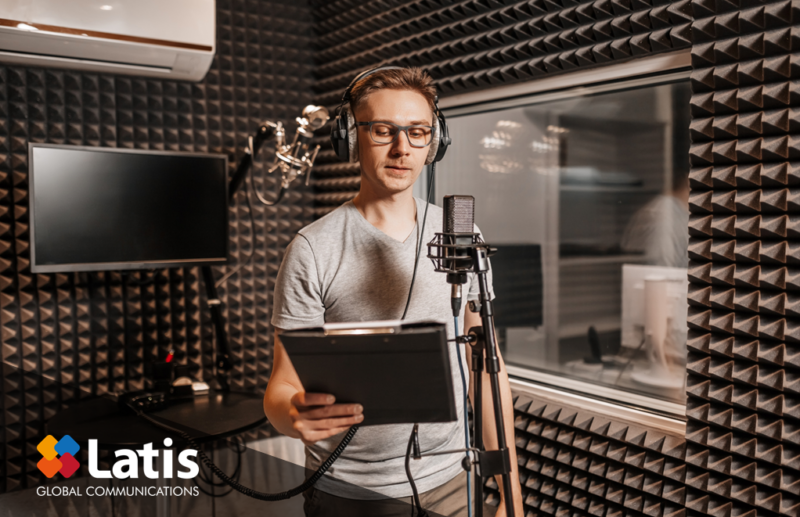
4-3. The importance of game dubbing localization
Through game dubbing localization, delicately handling the cultural, sentimental, religious, and political issues as well as adapting words or expressions, provides a more welcomed feel to the players overseas. The most important thing to keep in mind is that the user’s game rating is directly correlated to the localized dubbing of the game.
That is why a successful localized dubbing can become a marketing tool in and of itself. Conversely, a bad localization can lead to negative game ratings. Furthermore, since the quality of dubbing is determined by live recordings, fixing any issues afterwards can be expensive. This is why I believe we have reached a stage where we should not be thinking about the necessity of dubbing localization but rather “how to do it better.”
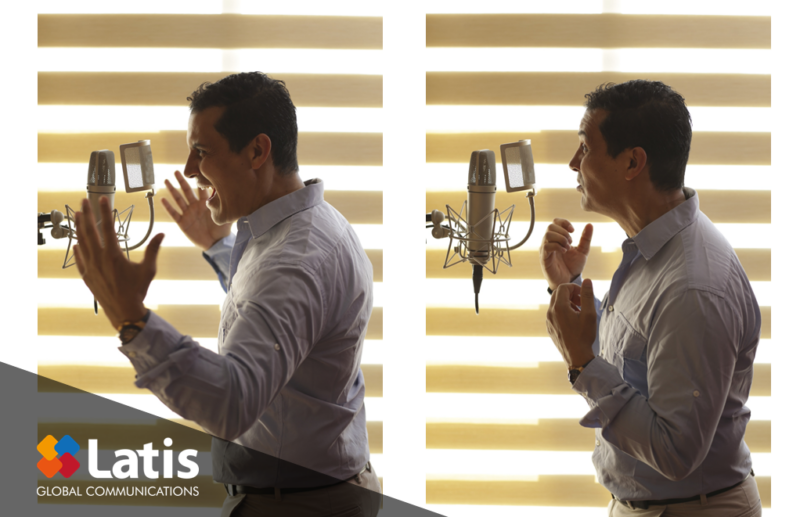
5) Tell us your professional opinion on how game companies can better localize their game when it comes to game sound localization.
Localization is essential to make your game available globally, but it takes a considerable amount of management resources and expertise to carry out, making it prohibitive within a game company. Simultaneously localizing 4 languages, such as Korean, Chinese, Japanese and English, will increase the level of difficulty when it comes to localization. This is especially true if your project involves recordings overseas, as you will need to know such things as how to manage different time zones, communication, expenses, and quality.
For these reasons, collaborating with a professional game localization company, rather than localizing your game on your own, often results in higher quality and lower costs. This is also why we recommend identifying the range of localization services necessary to a game during the development process, as well as carefully selecting and working with a professional localization company that can meet your needs.
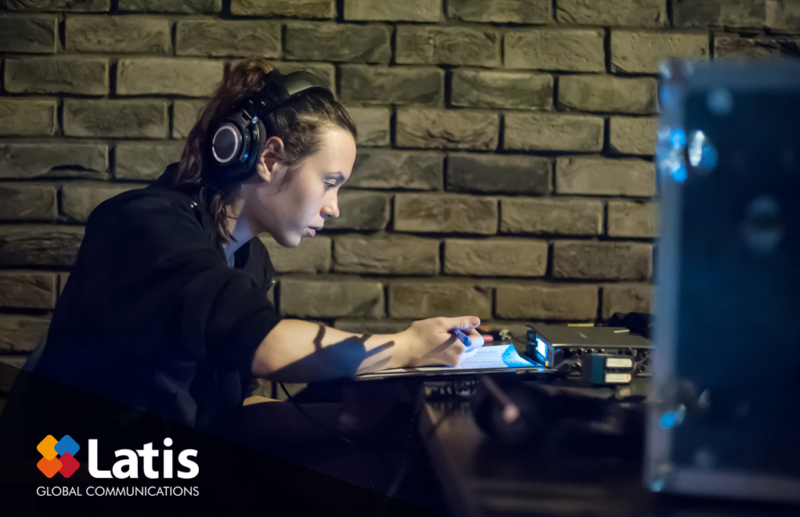
I hope my explanation on game sound production was easy to digest. If you would like to know more about game sound, and/or dubbing localization, please connect with us at contact@latisglobal.com.

